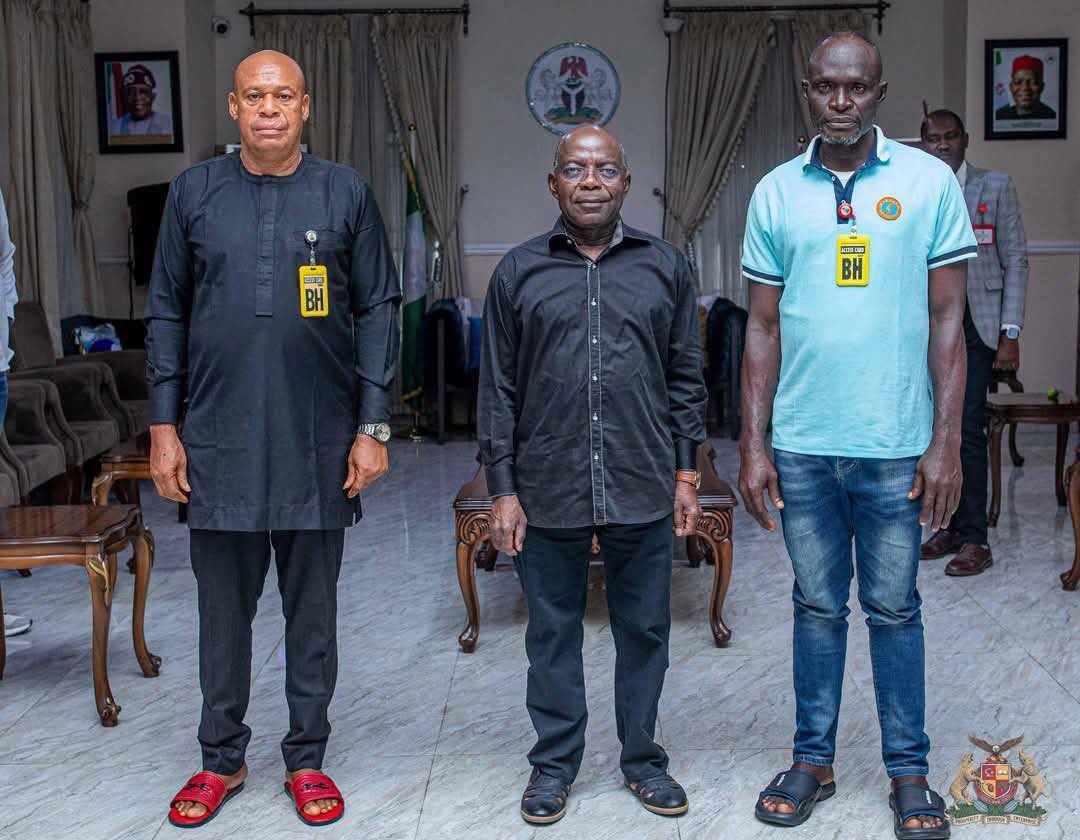After spending 26 years on death row for unknowingly buying and reselling a stolen generator, 48-year-old Ogbonna Igbojionu has been freed from Kirikiri Maximum Security Prison and reunited with his family in Abia State.
Ogbonna was just 22 in 1999 when he purchased the generator from Segun Ajibade, unaware it was stolen. He later resold it, but weeks later, Ajibade returned with the police, claiming the generator had been stolen. Both men were arrested.
During police interrogation, Ogbonna says he was beaten and forced to sign a confession he couldn’t read. With no legal representation, he was remanded in custody and, in 2003, sentenced to death for receiving stolen property—a charge based on flawed evidence. He was transferred to Kirikiri’s death row, where he remained for over two decades.
His case resurfaced in 2025 after Nigerian TikToker and activist Olumide Ogunsanwo, known as Sea King, shared Ogbonna’s story online. The post went viral and caught the attention of philanthropist Simon Oshi, who helped trace Ogbonna’s background and contacted Abia State Governor Alex Otti.
Governor Otti swiftly ordered a legal review. With the cooperation of the Lagos and Ogun State justice ministries, Ogbonna’s case—and those of others—was re-examined.

On July 6, 2025, the Lagos State Government released Ogbonna and two other men—Kolawole Oladeji, a technician who had only repaired the generator, and Olawale Adediji—both also wrongly convicted.
Ajibade, the original seller who alerted the police, was pardoned in 2016 and has since disappeared from public view.
Ogbonna’s emotional reunion with his elderly mother at the Abia State Government House went viral, reigniting national calls for justice system reforms. “Many have died in that prison. I never thought I’d see freedom again,” he said tearfully.
Governor Otti pledged full support for the released men’s reintegration, including psychosocial care, housing, and vocational assistance.
The case has sparked renewed debate about wrongful convictions, poor legal representation, and the urgent need for reform. Human rights lawyer Chinedu Mordi described it as “a heartbreaking failure of the system,” warning that many others remain trapped in Nigeria’s prisons without trial or justice.

